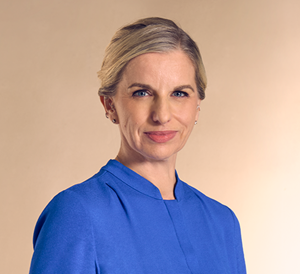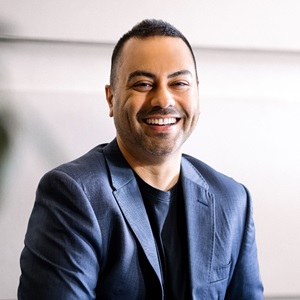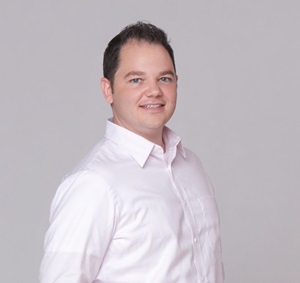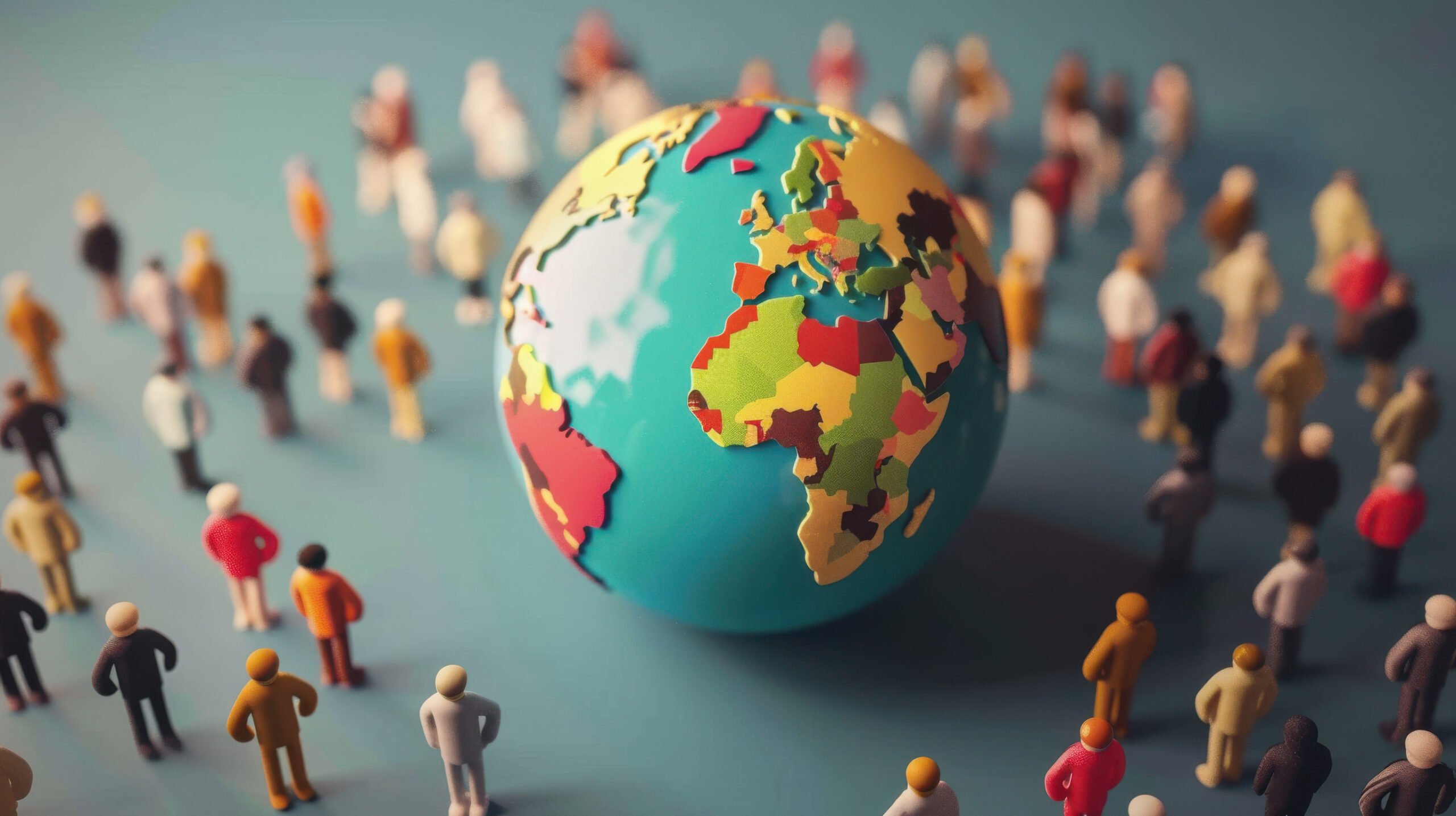HR 2025: The human touch in the digital age
- HRM Asia Newsroom

As organisations navigate the complexities of a rapidly changing world, HR leaders are stepping up as critical connectors in aligning organisational goals with the evolving needs of their workforce.
HRM Asia spoke with several HR leaders to gain insights into how the role of HR is adapting to global shifts, technological advancements, and changing employee expectations. From the rise of hybrid work models to prioritising inclusion, diversity, and mental health, HR is increasingly at the forefront of driving strategies that blend technology with a human-centric approach.
As we look forward to 2025, HR’s role in fostering innovation, enhancing employee experience, and embracing AI will be pivotal in ensuring organisations thrive in an ever-evolving business landscape while maintaining the essential human touch.
Read on to find out more…
Balancing collaboration and flexibility in the hybrid work era
 Raunak Bhandari, Regional HR BP Leader, Asia-Pacific, Google, “The hybrid work model, combining remote work with office-based activities, will evolve as employees demand greater flexibility. Organisations will need to balance in-person collaboration with the benefits of remote work.”
Raunak Bhandari, Regional HR BP Leader, Asia-Pacific, Google, “The hybrid work model, combining remote work with office-based activities, will evolve as employees demand greater flexibility. Organisations will need to balance in-person collaboration with the benefits of remote work.”
“Google has already been experimenting with hybrid work arrangements, and they’ve emphasised flexibility in the workplace. Google’s ‘workplace transformation’ strategy encourages employees to come to the office a few days a week while offering flexibility to work remotely. The organisation is investing in tools that support virtual collaboration and maintaining a strong culture remotely. They will likely continue refining their hybrid model and creating spaces optimised for both in-office and remote teams.”
Connecting people, trust, and the future of work
 Dr Angela Ryan, CHRO, SGX Group, “In a year marked by global flux, economic shifts and evolving employee expectations, HR are the curious connectors: joining the dots between dynamic landscapes, the organisational priorities, and caring for the people who achieve them.”
Dr Angela Ryan, CHRO, SGX Group, “In a year marked by global flux, economic shifts and evolving employee expectations, HR are the curious connectors: joining the dots between dynamic landscapes, the organisational priorities, and caring for the people who achieve them.”
“SGX is built on Trust, Passion and Service – so as we in HR adapt to the pace of ever-changing technology by delivering new skill sets for the organisation to create value for SGX’s clients, we specifically nurture trust-based connections with our people, The essential human touch in building performance, shaping careers, and nurturing overall employee wellbeing in a shape-shifting world.”
“As HR practitioners, we must role model continuous agility, pre-empting the shortening half-life of our own skill sets to keep pace with the future of work. Yet, while the environment and skill sets may change, our purpose remains the same: we are here to create a trusted ecosystem where both our people and SGX can grow.”
AI and HR, a perfect partnership
 Sian Hooper, APAC Co-Head, Bloomberg, “As we move into 2025, AI will continue to create disruption and opportunities for HR functions. If embraced, technology can bring efficiency, improved employee experience, and sophisticated data analytics, enabling HR teams to focus more on driving strategy and insights to impact business results tangibly. The key to this will be implementing AI tools while balancing the human touch – which remains the most important element for any HR department.”
Sian Hooper, APAC Co-Head, Bloomberg, “As we move into 2025, AI will continue to create disruption and opportunities for HR functions. If embraced, technology can bring efficiency, improved employee experience, and sophisticated data analytics, enabling HR teams to focus more on driving strategy and insights to impact business results tangibly. The key to this will be implementing AI tools while balancing the human touch – which remains the most important element for any HR department.”
“AI will continue to transform the workforce, including skill requirements and the type of work people do. HR has an important role to play in driving this change management effort – helping to demystify and remove the fear that technology can bring.”
Shadow AI: The silent disruptor of HR
 Amer Iqbal, Founder and CEO, 5 Ways to Innovate, “While less than one-third of organisations have implemented formal AI tools, a staggering 75% of employees report using it at work in some capacity. How is this possible? While IT teams are racing to wrap policies around a moving target, employees are just getting on with it, often without company approval.”
Amer Iqbal, Founder and CEO, 5 Ways to Innovate, “While less than one-third of organisations have implemented formal AI tools, a staggering 75% of employees report using it at work in some capacity. How is this possible? While IT teams are racing to wrap policies around a moving target, employees are just getting on with it, often without company approval.”
“Recruitment is seeing AI-generated job descriptions met with AI-generated job applications, all managed by an AI-powered ATS. Employee experience is being enhanced with AI-generated responses to queries, L&D is using it to identify and generate content, and performance reviews are being written by AI.”
“It’s no longer a question of ‘if’ or ‘when’ to deal with the trend of Shadow AI – the real question in 2025 will be ‘how’. HR leaders have a decision to make: Will they respond to this new reality by pushing back and forcing compliance? Or will they find a way to embrace the use of AI and bring it out of the shadows and into the light?”
A new era of workplace wellbeing and equity
 Curtis Baker, Head of Inclusion, Diversity & Equity, Asia-Pacific, Dow, “Looking ahead to 2025, embedding inclusion and equity into policies and processes will be crucial for demonstrating impact to every employee. Addressing the ‘What’s in it for me?’ question is key in change management and communications across Asia-Pacific. This ongoing effort enhances organisational culture through inclusion and equity, rather than as add-on programmes.”
Curtis Baker, Head of Inclusion, Diversity & Equity, Asia-Pacific, Dow, “Looking ahead to 2025, embedding inclusion and equity into policies and processes will be crucial for demonstrating impact to every employee. Addressing the ‘What’s in it for me?’ question is key in change management and communications across Asia-Pacific. This ongoing effort enhances organisational culture through inclusion and equity, rather than as add-on programmes.”
“Holistic wellbeing and mental health will remain significant, addressing the needs of employees at various life stages, from new hires to ageing employees, new parents, and caregivers. This underscores the importance of workplace flexibility, employee experience, and equitable benefits. Cultural competency and inclusive leadership will be essential as organisations navigate a more connected and diverse workforce in Asia-Pacific.”
“The role of employee resource groups (ERGs) as ‘Resources’ will grow, driving culture, business, and innovation. Key focus areas for 2025 include an ageing workforce, disability inclusion, and multigenerational workforce strategies.”
Shaping a sustainable workforce
 Iris Goh, Director, Talent, Forvis Mazars in Singapore, “I believe that employee wellbeing, open communication, and diversity and inclusion will continue to be paramount. These elements remain a core focus for HR practitioners as they are essential for attracting and retaining top talent, driving engagement, and fostering a culture of innovation.”
Iris Goh, Director, Talent, Forvis Mazars in Singapore, “I believe that employee wellbeing, open communication, and diversity and inclusion will continue to be paramount. These elements remain a core focus for HR practitioners as they are essential for attracting and retaining top talent, driving engagement, and fostering a culture of innovation.”
“At Forvis Mazars, we have long recognised this and continuously evolve our HR practices to resonate with a multi-generational workforce. We invest in holistic programmes that support our people’s physical and mental health. This includes flexible work arrangements, mental health resources, and initiatives promoting work-life integration. We foster a culture of open communication, breaking down traditional hierarchies to build trust and encourage cross-level collaboration. This leads to increased employee engagement and more informed decision making.”
“Our commitment to diversity and inclusion goes beyond representation. We believe in finding the right fit for roles by focusing on skills and attributes and consciously trying to include groups often overlooked by society, such as women re-entering the workforce and persons with disabilities. We actively seek diverse perspectives, promote equity, and foster a sense of belonging, creating a purposeful environment where everyone feels valued. As we look ahead, these principles will remain crucial for building a thriving and sustainable workforce in an ever-evolving business landscape.”






